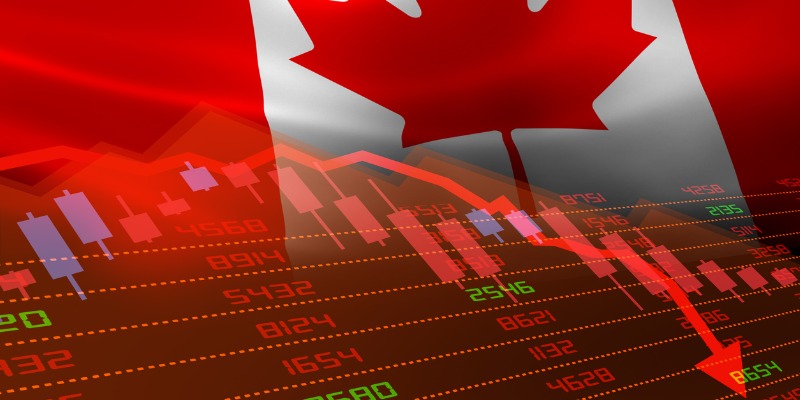Federal government should help increase productivity to tame inflation

Canada’s inflation rate has hit 7.7 per cent, which will undoubtedly spur more sharp interest rate increases by the Bank of Canada in coming months. For its part, the federal government seems willing to stand aside and not provoke a conflict with the central bank—even if higher interest rates help trigger a recession.
At the same time, there’s a growing recognition that fiscal policy—including government borrowing and spending—influences current inflation and expectations about future inflation. Belatedly, even the Trudeau government seems to recognize this dynamic. In a recent speech, Finance Minister Chrystia Freeland highlighted the government’s commitment to reduce federal spending growth, which, combined with a tax revenue windfall thanks partly to inflation, is reducing Ottawa’s projected budget deficit.
Certainly, if Ottawa reduces spending growth while taking in more tax revenue, the growth of “total demand” (essentially, the demand for all goods and services in the economy) should slow, which in turn should reduce demand-side pressures on future inflation. However, like other developed countries, Canada faces a long-run inflation problem that short-term deficit-reduction measures won’t solve.
Firstly, Canada’s aging population will slow labour force growth, even with more ambitious immigration targets. Second, Ottawa is leading the transition away from carbon fuels to “green energy.” Whatever one thinks of this transition and the imperative to address climate change, there’s no denying the costs, which include reduced productivity growth in Canada.
And third, there’s the longer-run disruption of global supply chains and international trade and investment more generally, owing to growing geopolitical tensions between western countries and China. In a recent meeting, U.S. Treasury Secretary Janet Yellen and Finance Minister Freeland discussed "friend-shoring," which means doing international business with political allies.
Due to these factors, the economic output of Canada and other western countries will likely increase at slower rates going forward. As a consequence, Canada will need reduced total demand growth, including reduced government spending, to avoid an excess of total demand for goods and services over available supply—the essence of inflation. Expensive government programs (universal child care, for example) ostensibly meant to increase the labour force participation rate are, at best, Band-Aids.
In other words, even if the federal government suddenly discovers a zeal for deficit-reduction and reduced spending growth (which would be in stark contrast from the past few decades), that may still not be enough to tame long-run inflation.
So, what should Ottawa do?
In short, craft policies to improve the economy’s competitiveness, productivity and efficiency. For example, eliminate all tariffs on food imports and all quotas on domestic production. Provincial marketing boards—sanctioned by the federal government—inflict higher-than-necessary food costs on Canadians and indirectly reduce the amount of land available for housing construction. Ottawa could also eliminate restrictions on inward foreign direct investment in critical infrastructure sectors of the economy such as telecommunications, transportation and financial services (with exceptions based on narrow grounds of national security). And stop imposing costly “environmental, social and governance” (or ESG) reporting mandates and related regulations on companies.
The federal government finally seems to have acknowledged its fiscal responsibility to fight inflation. Canadians should expect strong actions to follow.

